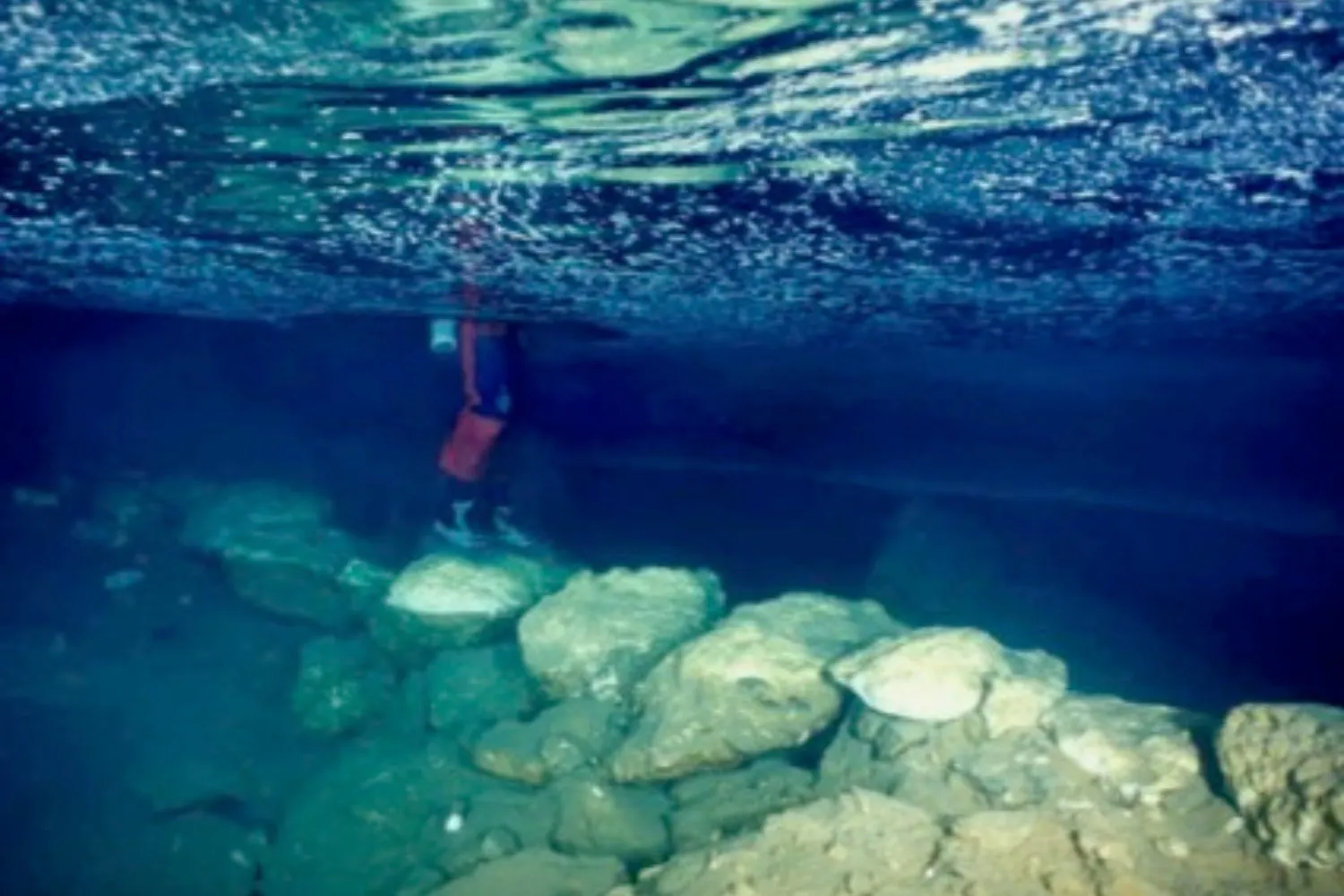Human Migration Insights from Ancient Caves and Underwater Discoveries

Exploring Ancient Humans and Their Migration
Recent archaeological discoveries in Spain have unveiled a 6,000-year-old submerged bridge within a cave, echoing the tales of ancient humans and their migratory paths.
Modern Techniques in Archaeology
Using radiocarbon dating, researchers have determined that the construction of this bridge dates back over a millennium earlier than previously thought. This new timeline is crucial in understanding human migration onto the Spanish islands.
Implications of the Discovery
- Shifted Historical Perspectives
- Evidence of early maritime activity
- Connections between various Mediterranean communities
These findings challenge established narratives about ancient human interactions in the Mediterranean region.
This article was prepared using information from open sources in accordance with the principles of Ethical Policy. The editorial team is not responsible for absolute accuracy, as it relies on data from the sources referenced.